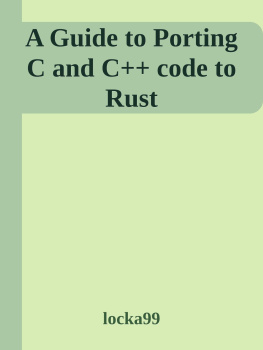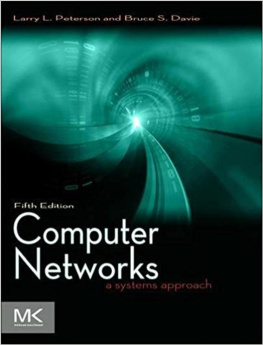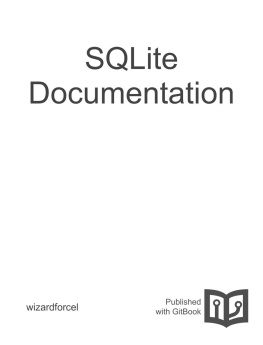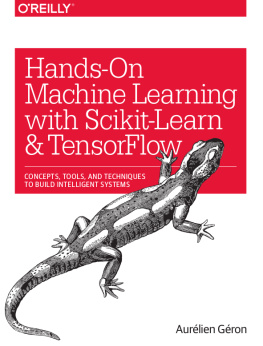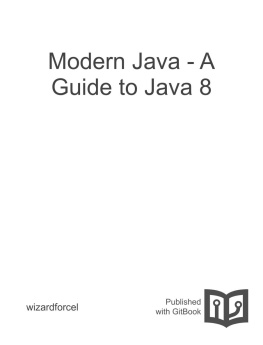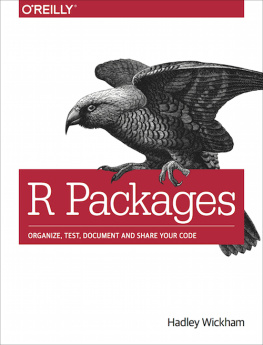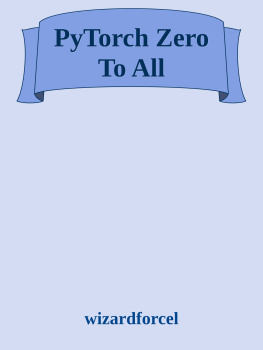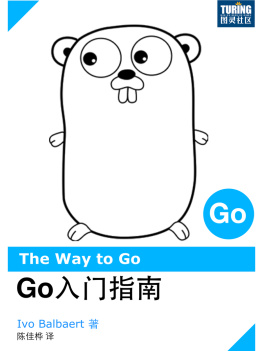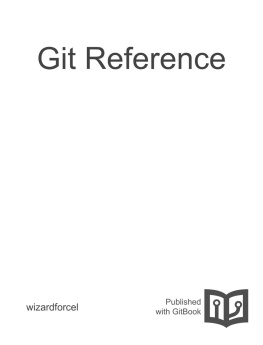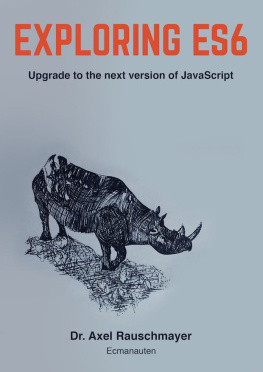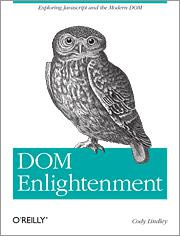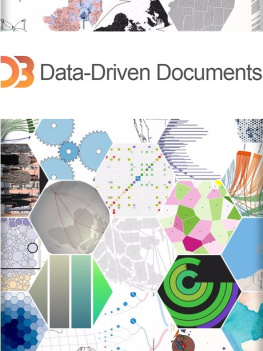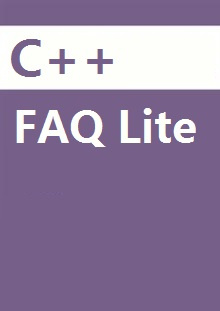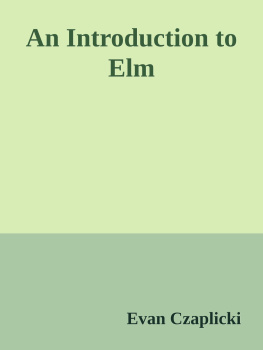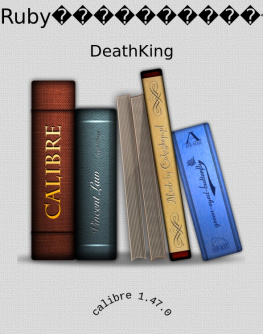it-ebooks - CS for All
Here you can read online it-ebooks - CS for All full text of the book (entire story) in english for free. Download pdf and epub, get meaning, cover and reviews about this ebook. year: 2017, publisher: iBooker it-ebooks, genre: Politics. Description of the work, (preface) as well as reviews are available. Best literature library LitArk.com created for fans of good reading and offers a wide selection of genres:
Romance novel
Science fiction
Adventure
Detective
Science
History
Home and family
Prose
Art
Politics
Computer
Non-fiction
Religion
Business
Children
Humor
Choose a favorite category and find really read worthwhile books. Enjoy immersion in the world of imagination, feel the emotions of the characters or learn something new for yourself, make an fascinating discovery.

CS for All: summary, description and annotation
We offer to read an annotation, description, summary or preface (depends on what the author of the book "CS for All" wrote himself). If you haven't found the necessary information about the book — write in the comments, we will try to find it.
CS for All — read online for free the complete book (whole text) full work
Below is the text of the book, divided by pages. System saving the place of the last page read, allows you to conveniently read the book "CS for All" online for free, without having to search again every time where you left off. Put a bookmark, and you can go to the page where you finished reading at any time.
Font size:
Interval:
Bookmark:
Christine Alvarado (UC San Diego), Zachary Dodds (Harvey Mudd), Geoff Kuenning (Harvey Mudd), Ran Libeskind-Hadas (Harvey Mudd)
https://www.cs.hmc.edu/csforall/index.html
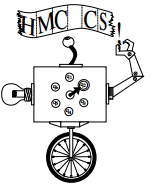
Welcome! This book (and course) takes a unique approach to Intro CS. In a nutshell, our objective is to provide an introduction to computer science as an intellectually rich and vibrant field rather than focusing exclusively on computer programming. While programming is certainly an important and pervasive element of our approach, we emphasize concepts and problem-solving over syntax and programming language features.
Our name is Mudd!
This book is a companion to the course CS for All developed at Harvey Mudd College. At Mudd, this course is taken by almost every first-year studentirrespective of the students ultimate majoras part of our core curriculum. Thus, it serves as a first computing course for future CS majors and a first and last computing course for many other students. The course also enrolls a significant number of students from the other Claremont Colleges, many of whom are not planning to major in the sciences or engineering. At other schools, versions of this course have also been taught to students with varying backgrounds and interests.
The emphasis on problem-solving and big ideas is evident beginning in the introductory chapter, where we describe a very simple programming language for controlling the virtual Picobot robot. The syntax takes ten minutes to master but the computational problems posed here are deep and intriguing.
The remainder of the book follows in the same spirit. We use the Python language due to the simplicity of its syntax and the rich set of tools and packages that allow a novice programmer to write useful programs. Our introduction to programming with Python in Chapter 2 uses only a limited subset of the languages syntax in the spirit of a functional programming language. In this approach, students master recursion early and find that they can write interesting programs with surprisingly little code. Chapter 3 takes another step in functional programming, introducing the concept of higher-order functions.
Chapter 4 addresses the question How does my computer do all this? We examine the inner-workings of a computer, from digital logic through the organization of a machine and programming the machine in its native machine and assembly language.
Now that the computer has been demystified and students have a physical representation of what happens under the hood, we move on in Chapter 5 to explore more complex ideas in computation and, concomitantly, concepts such as references and mutability, and constructs including loops, arrays, and dictionaries. We explain these concepts and constructs using the physical model of the computer introduced in the previous chapter. In our experience, students find these concepts are much easier to comprehend when there is an underlying physical model.
Chapter 6 explores some of the key ideas in object-oriented programming and design. The objective here is not to train industrial-strength programmers but rather to explain the rationale for the object-oriented paradigm and allow students to exercise some key concepts. Finally, Chapter 7 examines the hardness of problemsproviding a gentle but mathematically sound treatment of some of the ideas incomplexity and computability and ultimately proving that there are many computational problems that are impossible to solve on a computer. Rather than using formal models of computation (e.g., Turing Machines), we use Python as our model.
This book is intended to be used with the substantial resources that we have developed for the course, which are available on the Web at https://www.cs.hmc.edu/twiki/bin/view/ModularCS1. These resources include complete lecture slides, a rich collection of weekly assignments, some accompanying software, documentation, and papers that have been published about the course.
New! Improved! With many marginally useful comments!
We have kept this book relatively short and have endeavored to make it fun and readable. The content of this book is an accurate reflection of the content of the course rather than an intimidating encyclopedic tome that cant possibly be covered in a single semester. We have written this book in the belief that a student can read all of it comfortably as the course proceeds. In an effort to keep the book short (and hopefully sweet), we have not included the exercises and programming assignments in the text but rather have posted these on the course Web site.
We wish you happy reading and happy computing!
The authors gratefully acknowledge support from the National Science Foundation under CPATH grant 0939149 for supporting many aspects of the development of the CS For All course. This book benefitted significantly from feedback from many Harvey Mudd students over the past several years. Professor Dan Hyde at Bucknell University provided detailed comments that have substantially improved this book. In addition, Professor Richard Zaccone at Bucknell University, Professors David Naumann and Dan Duchamp at the Stevens Institute of Technology, Dr. Dave Sullivan at Boston University, Mr. Eran Segev, and several anonymous reviewers have provided many valuable comments and suggestions. While weve tried hard to be accurate and correct, all errors in this text are solely the responsibility of the authors. Finally, the authors thank Professors Brad Miller and David Ranum at Luther College who developed the Runestone Interactive ebook tools, Harvey Mudd students Akhil Bagaria, Alison Kingman, and Sarah Trisorus for runestoning our manuscript, and Mr. Tim Buchheim for system administration support.
Computer science is to the information revolution what mechanical engineering was to the industrial revolution.
Robert Keller
You might be uncertain about what computer science (CS) is, but you use it every day. When you use Google or your smartphone, or watch a movie with special effects, theres lots of CS in there. When you order a product over the Internet, there is CS in the web site, in the cryptography used to keep your credit card number secure, and in the way that FedEx routes their delivery vehicle to get your order to you as quickly as possible. Nonetheless, even computer scientists can struggle to answer the question What exactly is CS?
Many other sciences try to understand how things work: physics tries to understand the physical world, chemistry tries to understand the composition of matter, and biology tries to understand life. So what is computer science trying to understand? Computers? Probably not: computers are designed and built by humans, so their inner workings are known (at least to some people!).
Perhaps its all about programming. Programming is indeed important to a computer scientist, just as grammar is important to a writer or a telescope is important to an astronomer. But nobody would argue that writing is about grammar or that astronomy is about telescopes. Similarly, programming is an important piece of computer science but its not what CS is all about.
Font size:
Interval:
Bookmark:
Similar books «CS for All»
Look at similar books to CS for All. We have selected literature similar in name and meaning in the hope of providing readers with more options to find new, interesting, not yet read works.
Discussion, reviews of the book CS for All and just readers' own opinions. Leave your comments, write what you think about the work, its meaning or the main characters. Specify what exactly you liked and what you didn't like, and why you think so.

